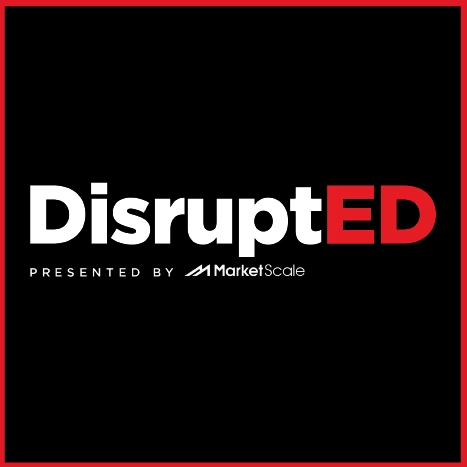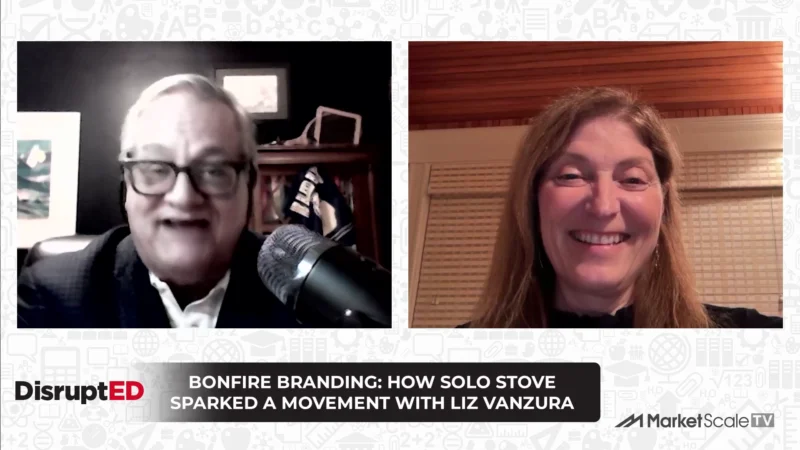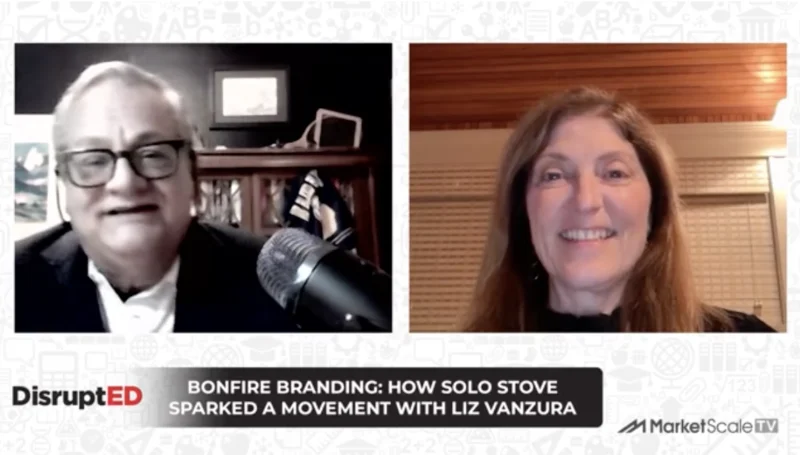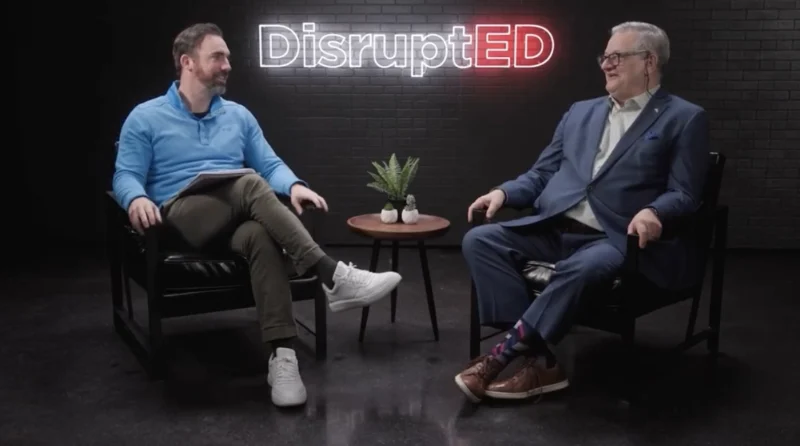Is the Traditional College Degree Obsolete? Digital Credentials are Emerging as Key to Bridging the Skills Gap
As job markets undergo a significant transformation, traditional higher education-to-employment pathways are increasingly under scrutiny. Digital badging and credentials have emerged as pivotal elements in recognizing and validating skills outside conventional degrees. Amidst a technological revolution that emphasizes skills over degrees, this alternative credentialing could reshape hiring practices and career development. As industries worldwide grapple with skills gaps and a swiftly changing economic landscape, the question of how digital credentials can play a role becomes increasingly relevant.
Are digital credentials the future of workforce development and education? Can they provide the flexibility and specificity that employers demand, and help bridge the widening skills gap?
In the latest episode of DisruptED, host Ron J Stefanski explores the answers to these questions with industry expert Peter Janzow. Janzow, who serves as the Vice President of Pearson Workforce Skills, delves into the transformative world of digital badges and credentials, exploring their impact on lifelong learning and career pathways.
The two discuss…
- The evolution and growing importance of digital badges in the last decade.
- How digital credentials facilitate a direct linkage between learning achievements and job market requirements.
- The role of digital badges in democratizing education and empowering individuals with recognized and verifiable skill sets.
Peter Janzow has been at the forefront of the digital credential movement, beginning his journey in the tech and educational sectors over a decade ago. While his extensive experience includes roles at notable companies like Wiley and MathWorks, he has also been a key player in developing Pearson’s digital badging platform Acclaim.
Article written by MarketScale.




